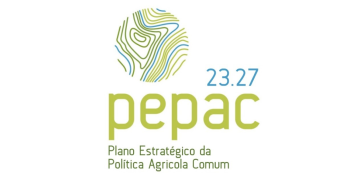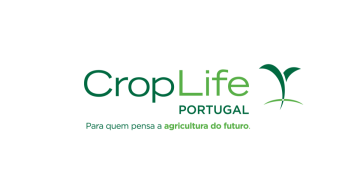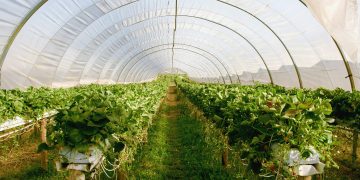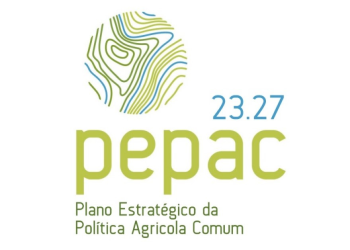Winter cereals impacted by succession of extreme weather events in European Russia
The sowing campaign of winter cereals, which are mainly confined to European Russia, was hampered initially by dry soil conditions and then by frequent and abundant rainfall in the main producing regions. During winter, frost-kill damage occurred in the Volga okrug; yet, overall wintering and regrowth of winter cereals was successful thanks to predominantly mild temperatures. However, in early May, frost events caused considerable damage in the Central and Southern okrugs. Drought in southern Russia combined with a heatwave in June further lowered the yield outlook for winter cereals.
Moderate outlook for spring cereals
Development of spring cereals is advanced in European Russia and crop growth is fair in the northern and eastern areas, but water supply has started to become limiting in the south. In Asian Russia, where most spring cereals are cultivated, sowing started early, but progressed slowly because of cold and wet weather conditions in May; consequently, a decrease in the area sown with spring cereals is expected. Conditions improved in June and spring cereals are currently in good condition in the southern regions, but weaker in the north.
Fair start for grain maize
Sowing of grain maize, which is mainly confined to European Russia, had a good progress, and conditions for initial development and crop growth are adequate. However, hot and dry conditions in the south raise concerns of imminent heat and water stress. Our yield forecast for grain maize is above the 5-year average, but below last year’s level.
Further information
Subscribe to the JRC MARS Bulletin
JRC MARS (Monitoring Agricultural Resources) Bulletins
The latest information about global agricultural production hotspots for countries at risk of food insecurity is available on the JRC’s ASAP (Anomaly hot Spots of Agricultural Production).
O artigo foi publicado originalmente em JRC.






















































